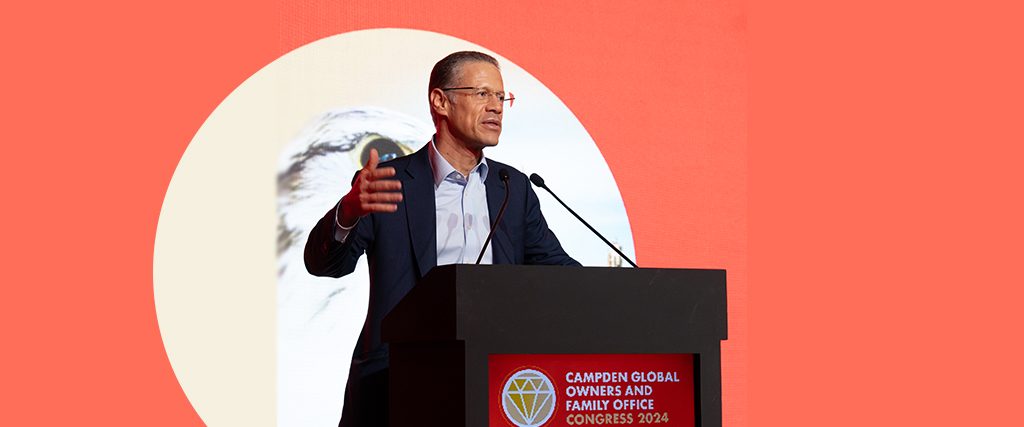The Business of Social Media in the Middle East
The adoption of social media by business is not an entirely new phenomenon. A study of more than 2,000 companies conducted by Harvard Business Review[1] in 2010 found that more than two-thirds were already using social media or were planning to do so. Today, a corporate presence on social networks is even more widely expected as these tools embed themselves more deeply in our daily lives.
This creates a number of new risks for businesses. These include the speed at which criticism of a company can spread over the web, the potential for sensitive or confidential information to be disseminated online, and the increasing need for business leaders to conduct stakeholder relations in public view. In the high-stakes world of social media, the potential impact of a company representative saying the wrong thing at the wrong time has been magnified exponentially.
This has not gone unnoticed by corporate leaders. A global study published last year by Deloitte found that, among top executives from 300 major companies, the reputation risk driven by social media was their “biggest risk concern”.[2]
Despite the pitfalls, the potential benefits of social media to a business are undeniable. When harnessed effectively, the power of social media can enable firms to be more transparent and accountable, and strengthen their relationships with key stakeholders. In this way social media engagement can encourage better corporate governance practices, leading to greater stakeholder confidence and, ultimately, drive business value creation.
However, it is imperative that businesses in the Middle East do not simply adopt social media strategies from other parts of the world without tailoring them for use in the Region. There are unique cultural and demographic factors that should influence the way companies use these tools to disseminate information and engage in dialogue with their key local audiences.
First, our societies are widely characterized by a relationship-based culture. As more corporate communications move online and onto social networks, businesses should be careful that they do not lose the personal connection when engaging with stakeholders. This might mean ensuring the company’s Twitter account is represented by an actual person rather than an anonymous handle, or putting a greater focus on video-based platforms in which real company spokespeople communicate directly with shareholders or the wider public.
Secondly, businesses in the Middle East – and certainly here in the UAE – are often required to communicate corporate information to diverse multilingual audiences. This can be challenging when the subject matter is complex or incorporates a lot of industry or regulatory jargon that is not easily translated. The use of infographics and other visual elements – which are well suited to being shared on social media – to augment business communications can help companies overcome the language barrier and increase the chances of their messages being understood by the widest possible audience.
Thirdly, businesses in the Region should always take into account the Middle East’s increasingly young population. According to the Brookings Institution, 30 percent of the region’s population is aged between 15 and 29 creating a youth population of over 100 million people.[3] This generation, many of whom grew up with digital communications, will eventually make up the vast majority of customers, partners and employees of regional companies.
Understanding how this growing younger audience uses social media, and how it prefers to receive and share information, should be an integral part of any company’s reporting and communications strategy in the Region. The era of the hard copy Annual Report might not be over just yet, but the days of simply posting your results to the company website might well be.
Social media has undoubtedly become an essential way of sharing information and interacting with others. Many companies around the world are still catching up with the rapid growth of these technologies and their impact on corporate governance and communications. Rather than simply borrowing social media strategies from elsewhere, business leaders in the Middle East should always keep in mind that culture and demographics can be as influential online as they are off it.
As featured in The National on 3rd August 2014.
[1] HBR Study, http://www.sas.com/resources/whitepaper/wp_23348.pdf
[2] Deloitte Study, p.16, “63% say that confidentiality concerns are the top risk of using social media networks and other digital tactics to achieve the organization’s strategic goals.”, https://www2.deloitte.com/content/dam/Deloitte/global/Documents/Governance-Risk-Compliance/dttl-grc-exploring-strategic-risk.pdf
3 http://www.brookings.edu/research/topics/middle-east-youth

 Tweets by @BadrJafar
Tweets by @BadrJafar




